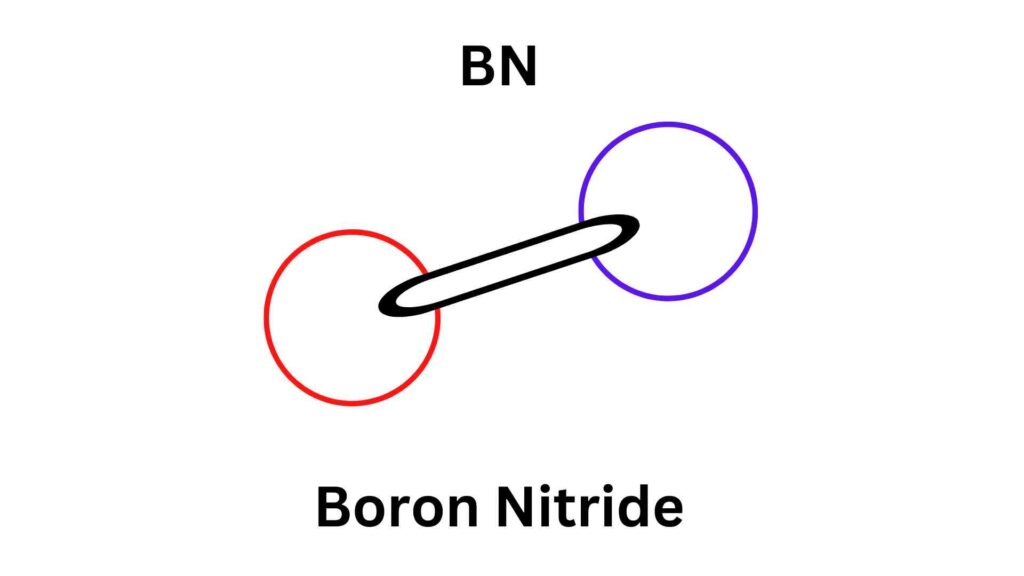Introduction to Medicinal Chemistry
Welcome to today’s video on medicinal chemistry and the role of various compounds in drug development.
Medicinal chemistry studies the design, synthesis, and development of drugs to treat diseases. It is a multidisciplinary field that combines chemistry, biology, pharmacology, and other areas of science to create new and improved medications.
The process of developing a new drug begins with the identification of a medical need or condition that can be treated or prevented by a chemical compound. This can be done through the study of diseases and their underlying causes, as well as through the observation of the effects of existing drugs.
Let’s take a look at some of the compounds which are driving advances in drug development.
Medicinal Chemistry of Boron Cluster
One class of compounds that has garnered attention in medicinal chemistry is boron clusters. Boron clusters are compounds that contain multiple boron atoms connected by chemical bonds.
These compounds have been studied for their potential use in the treatment of inflammatory diseases, as immunosuppressive agents, and for their ability to improve drug delivery.
What are the Properties of Boron Clusters?
Well, key properties of boron clusters include an ability to bind to certain biomolecules selectively. This property allows boron clusters to target specific cells or tissues in the body, making them of interest as drug delivery agents.
In addition, boron clusters have been shown to be anti-tumor in nature, and they are part of ongoing research studies for potential use in treating inflammatory diseases. They are also being looked at for use as immunosuppressive agents.
Medicinal Chemistry of Carboranes
Another class of compounds that has gained attention in medicinal chemistry is Carboranes. Carboranes are compounds that contain multiple carbon atoms connected by aromatic bonds. These compounds have been explored for their potential therapeutic properties.
They have been shown to have a variety of biological activities, including anti-tumor, anti-inflammatory, and antioxidant effects.
What are the Properties of Carboranes?
One of the key properties of carboranes is stability. Carboranes are highly resistant to chemical degradation, making them durable and long-lasting.
This property is important in medicinal chemistry, as it allows carboranes to be used as drugs without breaking down in the body. Carboranes also have a high affinity for binding to biomolecules, such as proteins and nucleic acids.
This property allows carboranes to target specific cells or tissues in the body and has led to their exploration as drug-delivery agents.
Medicinal Chemistry of Icosahedral Dicarbadodecaborane
Icosahedral dicarbadodecaborane (B12H12) is also one of the medicinal chemistry compounds that have not yet been extensively studied for medicinal use.
Still, it has been explored for its potential in drug delivery. The high stability and cage-like structure of the molecule make it an attractive candidate for use as a drug delivery vehicle.
Properties of Icosahedral Dicarbadodecaborane
One of its key properties is its high reactivity. This makes it an attractive molecule for medicinal chemistry, as it can be easily modified to form new compounds with specific properties.
This molecule is resistant to decomposition and maintains its structure under various conditions. This makes it a good candidate for use in drug delivery, as it can help to ensure that the active ingredients of a drug are delivered to the target site in their active form.
We hope that this video on Medicinal chemistry showcases the remarkable complexity and rapidly advancing nature of this field. As groundbreaking findings continue to be made, researchers in this area provide us with exciting glimpses into what may come next.





